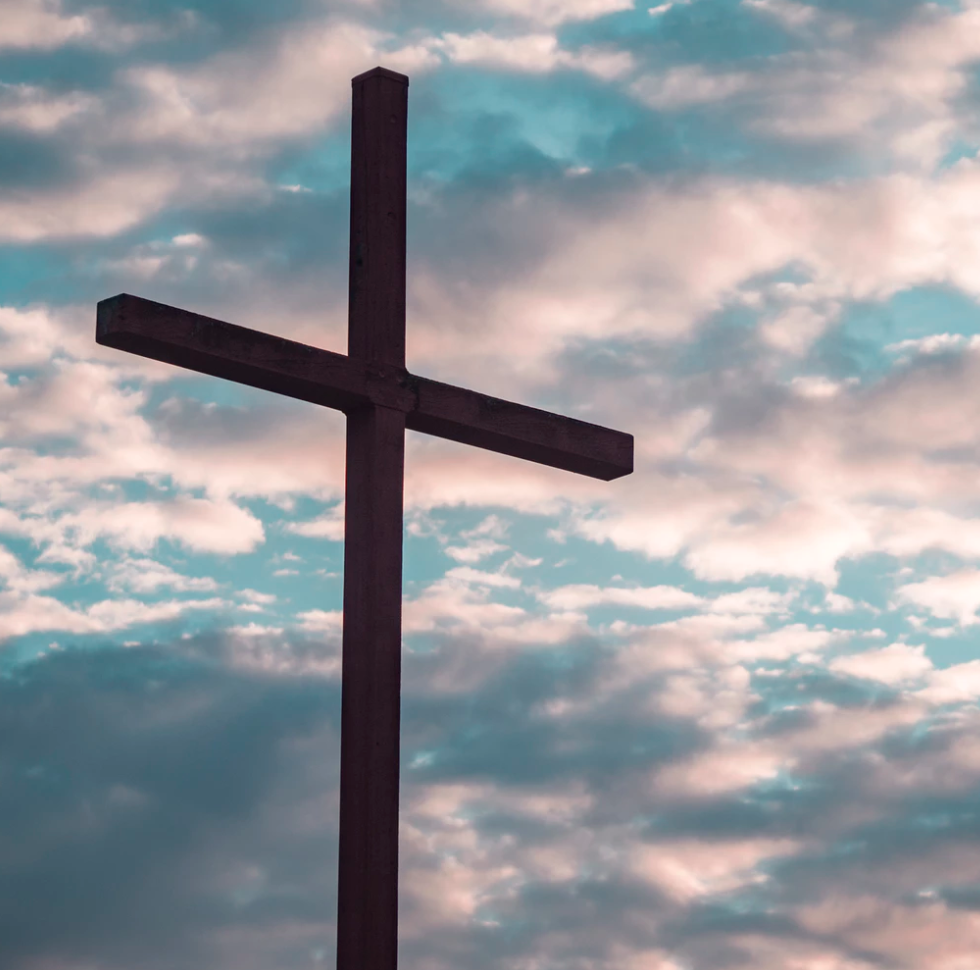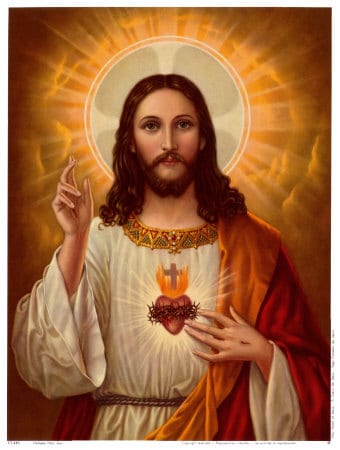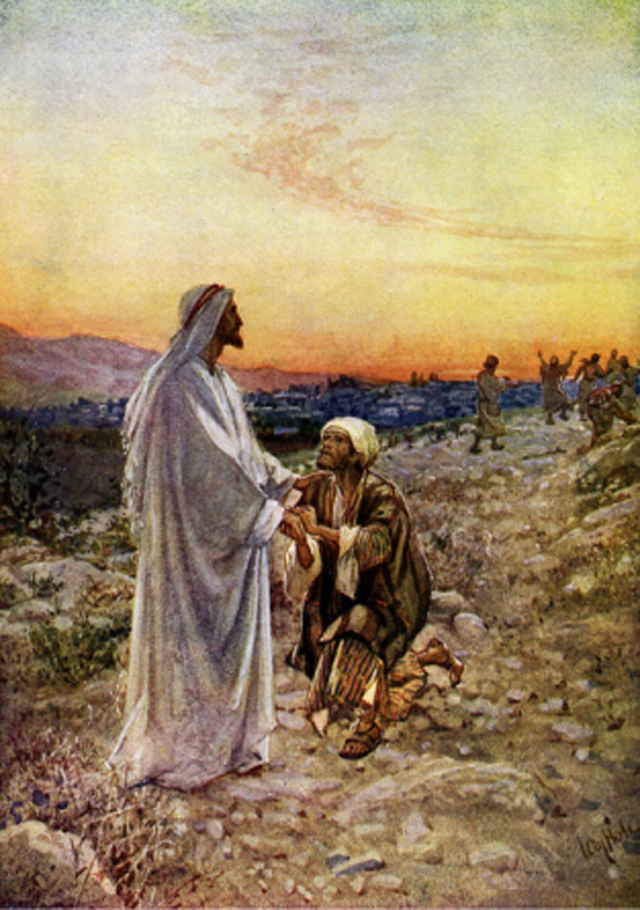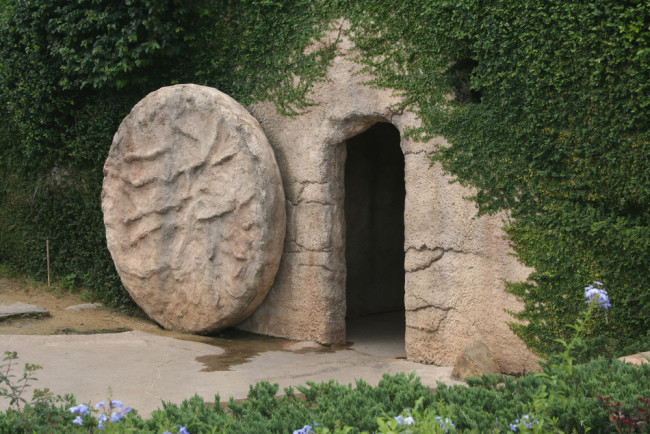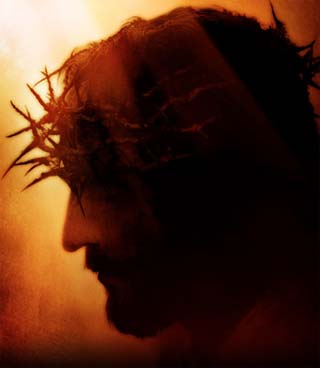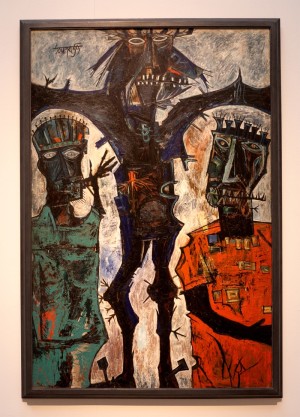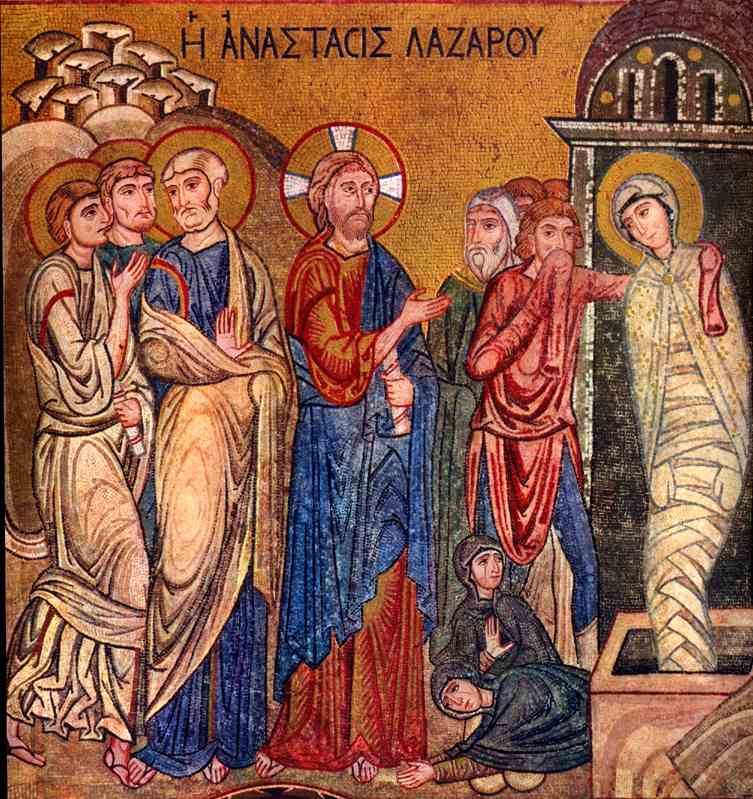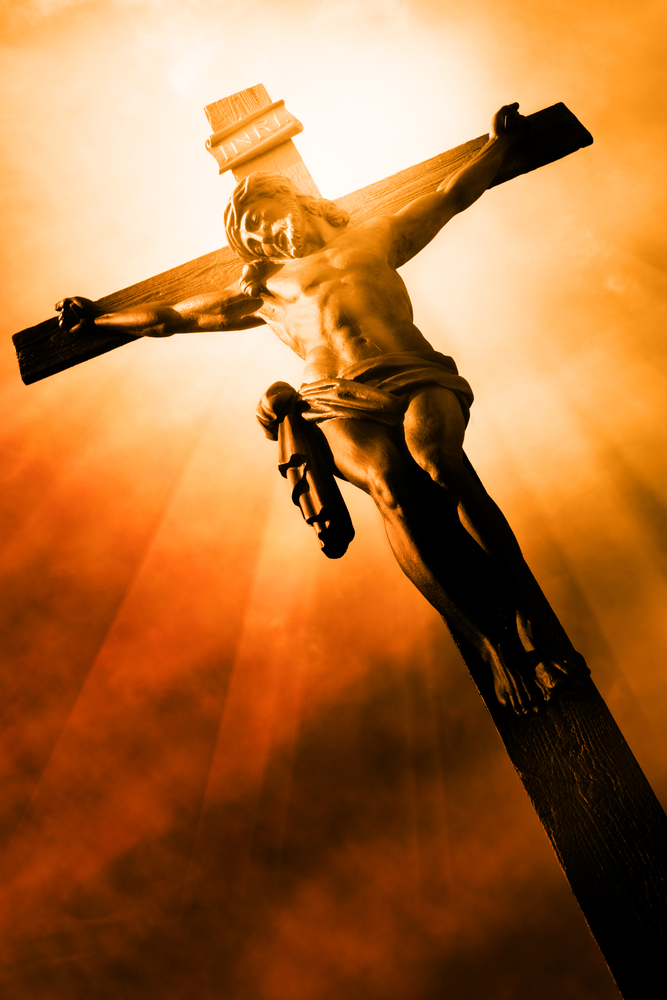What forms do your communion elements take during this time of Shelter In Place? See mine, below this entry... from Palm Sunday. Mt Hollywood Church is urging people to take pix of their home-made communion elements - whether wine and bread, milk and cookies, juice and cereal - and posting them on social media
A Rationale for Religious Ritual When the Rationality of Words Fail Us
When there is an absence of conscious symbolic ritual, what happens with such a lack of awareness about the power that signs and symbols play in our lives, and the depth or richness of value and meaning they provide? How can we otherwise express what is ultimately inexpressible?
The psychologist and genius Otto Rank, author of the classic work Art and Artist, said that if you want to know the soul of a nation go to its architecture first. Notre Dame de Paris and the entire gothic revolution of the 12th century Renaissance that it encapsules (along with Chartres Cathedral 30 miles beyond Paris), tells us much about the soul of France. And our own souls.
The wise and teaching Jesus proclaimed an egalitarian ethic of loving and serving others, even our enemies, as ourselves. The compassionate and practicing Jesus worked and advocated for equality, justice, and mercy for the despised, poor, sinful, and oppressed. The judicious and brave Jesus decried the hypocrisy and illuminated the spiritual perils of the wealthy, powerful, haughty, judgemental, and privileged. The betrayed and arrested Jesus commanded the nonviolent laying down of swords and the restoration of severed ears to hear. The tortured and dying Jesus exhibited forgiveness to those who persecuted him. The resurrected and empowered Jesus encouraged and gave the gift of peace to all who would follow his example and go forth to revolutionize relationships with all humanity and creation.
“Mindfulness is "paying attention in a particular way: on purpose, in the present moment, and non-judgmentally." ... It could have been at the mouth of one of the shallow caves carved by Nature out of the limestone cliffs of Mount Quarantania, facing Jericho on the Jordan River and the Dead Sea to the southeast, that Jesus sat to gaze at forty dawns in the wilderness before he began his ministry. This 40-day season of Lent invites us to join Jesus in practicing mindfulness as he did in the desert.
This Easter, progressives will once again preach sermons and write articles in order to do their best to re-frame the Jesus story in a positive light. This isn't one of those articles.
Being a child of God – for Jesus and for the rest of us – is a poetic way of describing our direct, personal engagement with Ultimate Reality. It is an artful expression of ourselves as physically integrated with the divine essence of the cosmos. Being the son or daughter of God does not mean that any of us can leap off the cross in a single bound.
The dry bones raised by Ezekiel are a metaphor for those who died in the service of God’s justice: those who died working to restore God’s distributive justice-compassion to God’s Earth, and who themselves never saw the transformation. The army of dry bones is an army exiled from justice. Fairness demands that if Jesus was resurrected into an Earth transformed into God’s realm of justice-compassion, then all the other martyrs who died too soon should also be raised with him. “But in fact,” Paul writes in 1 Corinthians 15:20, “Christ has been raised from the dead, the first fruits of those who have died.” It is the Christ – the transformed and transfigured post-Easter Jesus – who has started that general resurrection, which restores justice-compassion to a transformed Earth. The transformation has begun with Jesus, and continues with you and me – IF we sign on to the program.
We need to acknowledge that the final week in Jesus’ life is a blending of separate biblical accounts. In other words, the story grows and develops as each successive gospel writer imaginatively retold the story. There may be some historical memory in their stories, but the details are not historical.
If Jesus died for anything, he laid down his life like most social prophets and martyrs as a complete and utter refutation and relinquishment of any vestiges of earthly kingdoms. Whatever the subsequent followers of the donkey king would retrospectively make of him, he was regarded by the powers that be as nothing more than a nuisance. As more than one biblical scholar has pointed out, the real significance of Jesus’ crucifixion lay in the fact that anyone subsequently noticed and cared about the execution of a nobody. Yet it is the way of a nobody -- not a somebody -- that has so often altered the way of an otherwise weary world.
The Gift of Mortality
Avowed atheist Susan Jacoby recently created a dust up with a recent article in the New York Times Sunday Review entitled, “The Blessings of Atheism.” She wrote in response to all the god-talk that appeared in the immediate aftermath of the Newtown massacre; with all those unanswerable questions or inadequate answers to human suffering and death so often peddled in popular religious belief. So too, not long ago author and “non-believer,” Christopher Hitchen’s posthumously published his little book Mortality; recounting his rambling thoughts on his own imminent demise; after a terminal diagnosis left him a sufficient number of days to find himself “deported from the country of the well across the stark frontier that marks off the land of malady.” But what, or where to, after that? What if this really is all there is? It seems there has always been the human hankering to imagine all kinds of fanciful notions, in our attempts to recapitulate our mortal existence into something more than it is. Many religious traditions, including centuries of “mainline” orthodox Christianity, employ great mythic stories to describe a life subsumed into something greater than we can either know, or grasp, except by “faith.” Heaven knows, some folks try to better themselves, merely in the hope of a remote possibility there something more, after our death, which is a certainty. But in the end, is it all dust and ashes? And is that OK? This is the liturgical time of year when many in the Christian tradition undergo a seasonal pilgrimage in which the faithful are reminded at the onset we mortals are nothing more than dust. And so we will one day return to that from whence we came. Then the traditional forty days end with the perennial re-enactment of a passion play commemorating the mortal demise of the one whom Christians even these many centuries later would profess to follow. Many do so in the hope of some kind of immortality for themselves in some indecipherable form or other; attributing to Jesus a “resurrection” that means the same thing to them as god-like immortality; while others of us may find such imaginings to be not only reasonably implausible, but of less importance than what we take to be of greater significance and meaning in this faith tradition. Otherwise, the vainglorious hope of immortality can become so enshrouded in our mortal fears that we become – like Lazarus in his early grave – so wrapped up in death that we fail to truly acknowledge and appreciate the gift of our mortality for what it is; nothing more, nor less. With the certain assurance then that we are but dust and ash, we can ask ourselves if the gift of our mortality is not only enough, but more than enough? And if so, as the psalmist says, how then shall we “number our days, that we may apply our hearts to wisdom?” (Psalm 90:12)
I've titled this as about the Resurrection, which is just one part of a complex of beliefs... but let's return and end there... What similarities or differences do you see in Paul's Resurrection statements and beliefs and those of the early Jerusalem Jesus-followers?
Every Holy Week for many years I have travelled to The Temple of God’s Wounds, a small book written in 1951 by the Anglican Bishop of Bombay, ‘Will Quinlan’ nee William Quinlan Lash, a mystic.
Jesus is seriously dead. None of the rest of it makes any sense otherwise.


